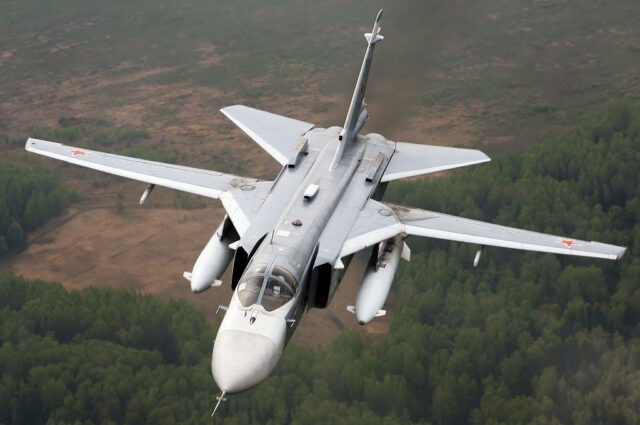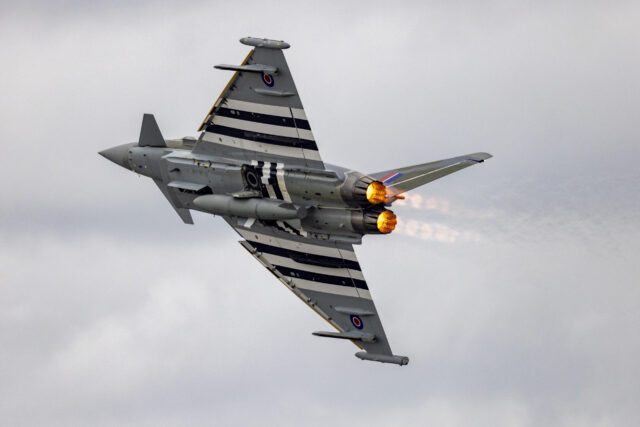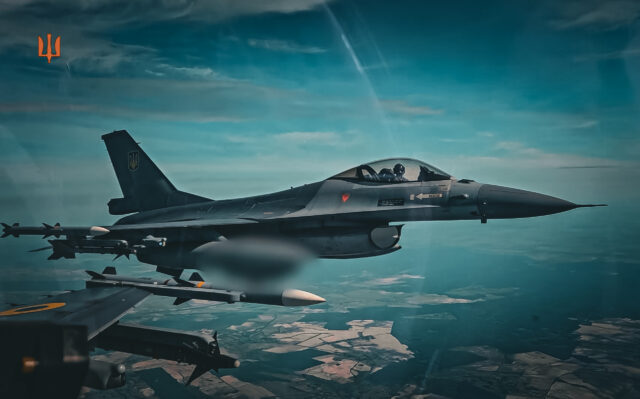FAA certifies first eVTOL under new MOSAIC rules as Israel’s AIR claims historic milestone

September 5, 2025

For decades, personal flight has been a fantasy more at home in comic books than suburban garages. Now, a small Israeli start-up has become the first company in the world to turn that fantasy into something regulators can sign off on.
AIR, based near Tel Aviv, has secured the first-ever certification for an electric vertical take-off and landing (eVTOL) aircraft under the US Federal Aviation Administration’s new Modernisation of Special Airworthiness Certification (MOSAIC) rules.
The approval — granted in August through an Experimental Airworthiness Certificate — marks a historic moment. It opens a pathway for eVTOLs to be treated as Light Sport Aircraft, dramatically lowering the bar to entry for private pilots and, for the first time, bringing personal electric aircraft into the regulatory mainstream.
Why MOSAIC matters for eVTOL certification
Until now, eVTOL companies have had to navigate certification pathways built for traditional fixed-wing aircraft and helicopters — long, costly and ill-suited to battery-electric designs. MOSAIC changes that.
- Light Sport Aircraft status: eVTOLs like AIR’s can now qualify under the simplified Light Sport Aircraft category.
- Lower pilot requirements: Owners can fly on a sport pilot licence with as little as 15 hours of training.
- Commercial knock-on effects: Insurance, resale, and financing become possible because the aircraft fit within a recognised FAA framework.
“This certification is not just regulatory approval,” said AIR co-founder and chief executive Rani Plaut. “It’s a green light to advance our mission and expand our US footprint.”

AIR is already putting the new status to use. The company has begun intensive test flights near West Palm Beach, Florida, under FAA oversight. The site doubles as both a test field and a showroom for investors, partners and more than 2,500 customers who have placed pre-orders.
Florida, the company argues, is its “gateway for commercial deployment in the US market” thanks to favourable weather, established aviation infrastructure, and proximity to both civilian and defence stakeholders.
AIR ONE: eVTOL for private use, cargo, and even military applications
The platform at the centre of AIR’s programme is the AIR ONE, a sleek, two-seat aircraft that folds its wings to fit inside a garage and offers one hour of flight per charge at speeds up to 155 mph.
Its fly-by-wire “fly-by-intent” system is designed to simplify flying so that relatively inexperienced pilots can safely operate the aircraft.
Alongside it, AIR is developing an uncrewed cargo version aimed at defence and humanitarian logistics. The FAA certificate currently applies to that uncrewed prototype, but piloted testing is scheduled for 2026.

AIR’s dual-track strategy also includes supplying aircraft to the Israeli Defence Forces for logistical trials, while in the US, it has joined the Air Force’s Agility Prime programme. The company expects to deliver 15 uncrewed aircraft for testing over the coming year.
These contracts provide a hedge: even if consumer adoption lags, defence work gives AIR another path to revenue and credibility.
The promises (and challenges) of personal eVTOLs
Being first under MOSAIC is a genuine coup, setting AIR apart in a crowded field of eVTOL developers still years from certification. With 2,500 pre-orders and a $200,000 target price, AIR says personal electric aircraft can reach beyond the ultra-wealthy.
Yet the challenges are significant:
- Battery limits cap flight time to around an hour.
- Infrastructure for charging and operations is still embryonic.
- Market history suggests sport aircraft and personal helicopters remain niche despite decades of availability.
Certification does not guarantee sales, and scaling production will be a major test for a start-up of just 50 people.

Even so, the symbolism of MOSAIC certification should not be understated. For the first time, the FAA has created a regulatory home for advanced electric aircraft, and AIR is the first to occupy it.
That distinction could give the company a crucial head start in the global race for eVTOL dominance. If its schedule holds, customers may be unwrapping their AIR ONEs as early as late 2025 — parking them in garages and flying them from suburban lawns.
As Plaut put it, “The Airworthiness Certificate is a green light for us to expand our US footprint. We’re proud to be advancing sustainable flight and shaping the future of mobility.”
















